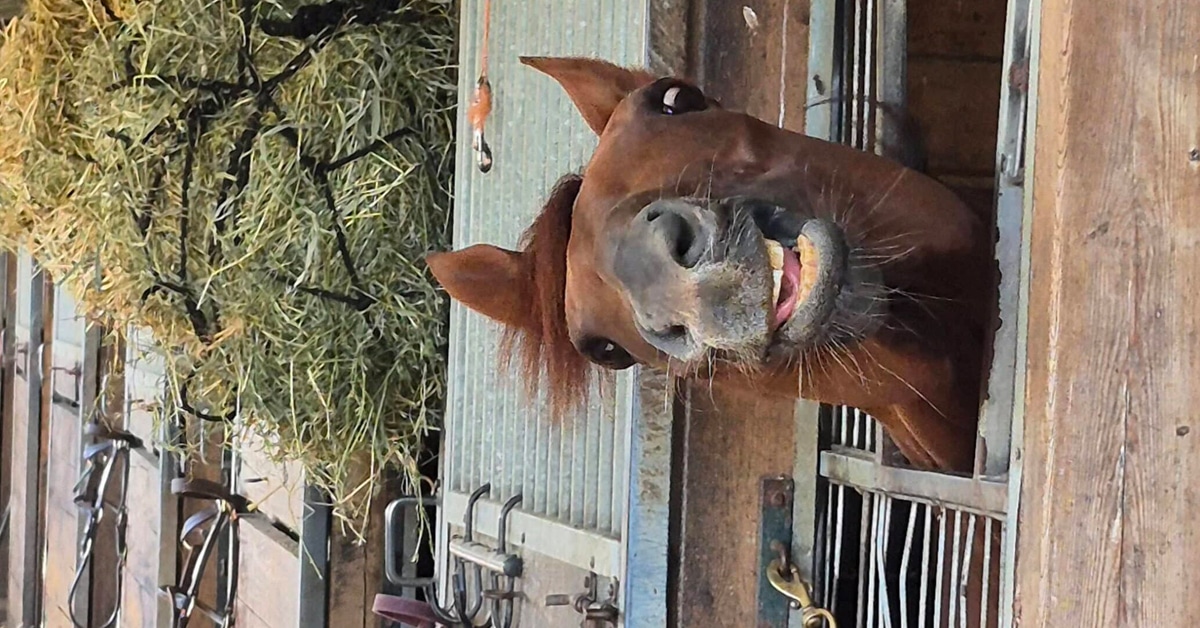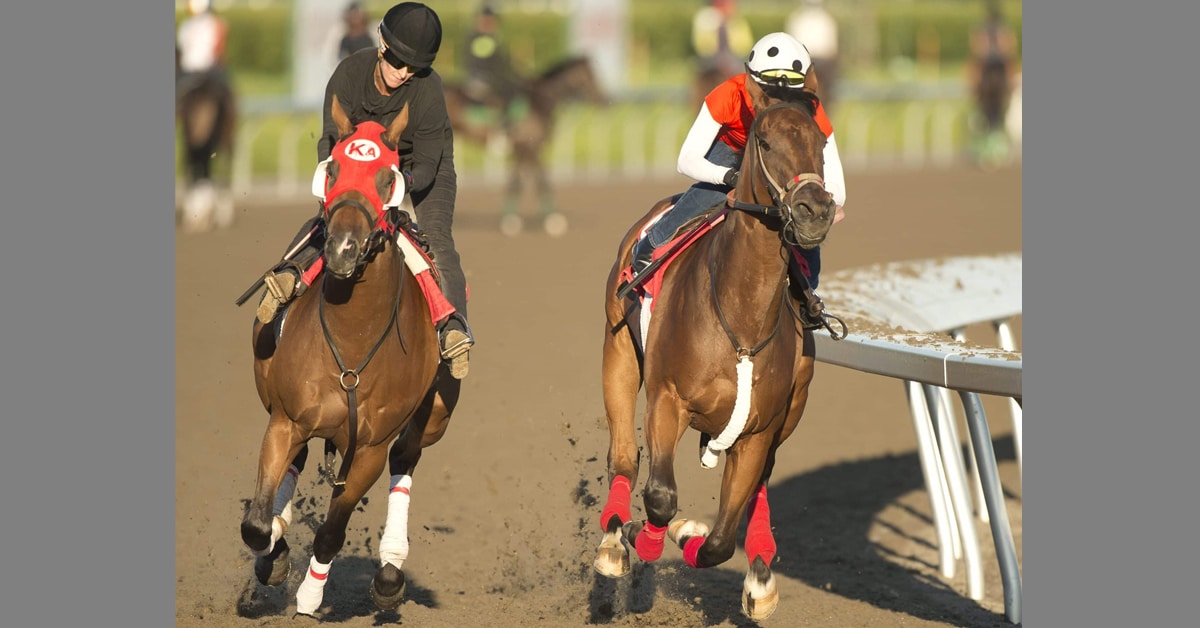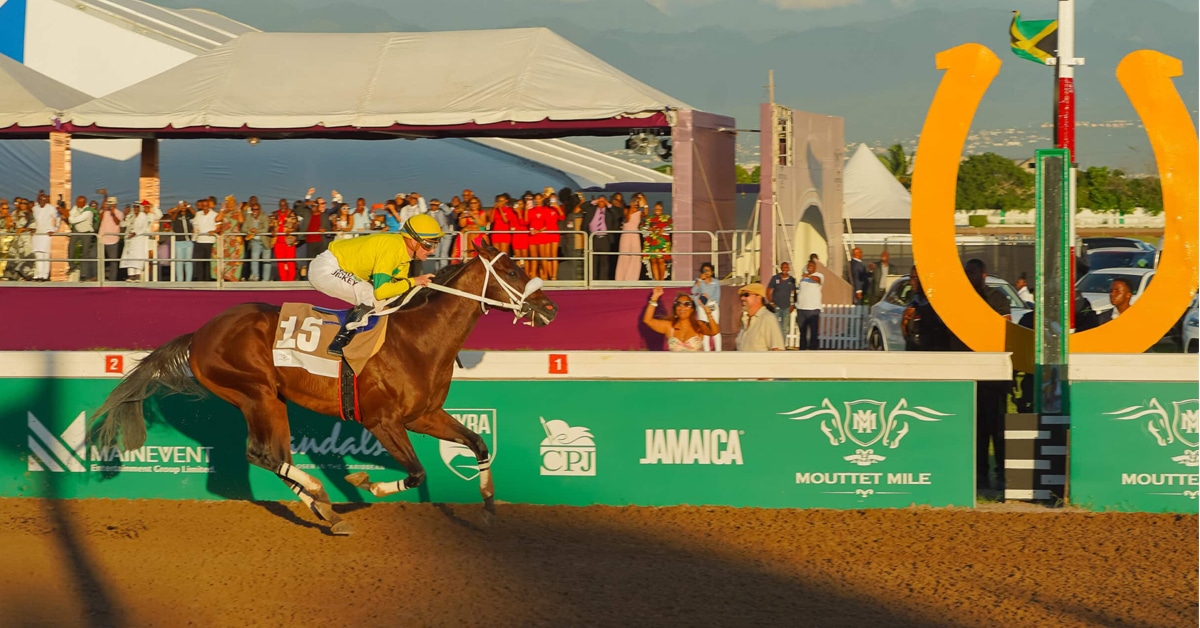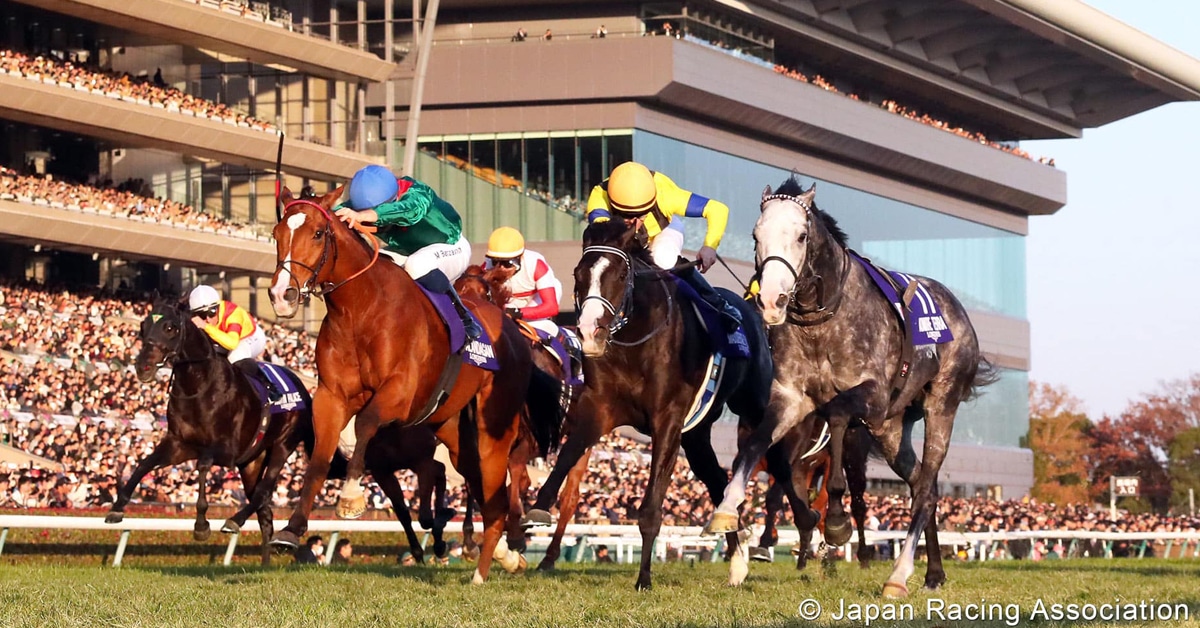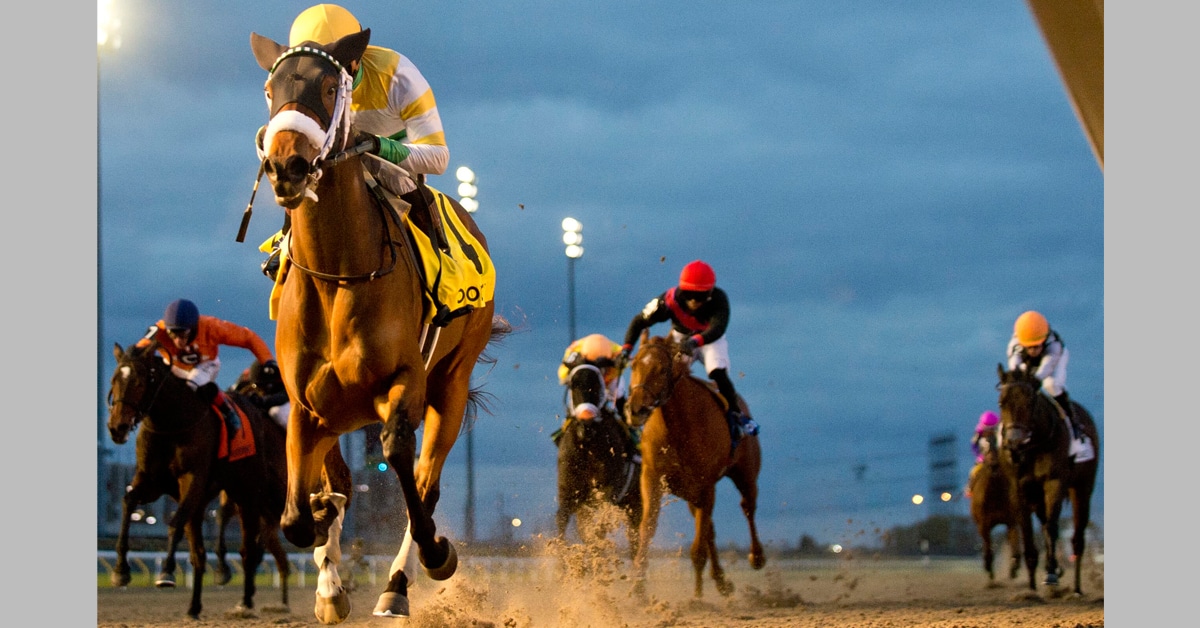Jim Lawson, CEO and president of Woodbine Entertainment, Sue Leslie, president of the Horsemen’s Benevolent and Protective Association of Ontario, and William Ford, president Racetracks of Canada, were among the speakers offering testimony to the Justice Committee with regards to the private member’s Bill C-218 to legalize single-event sports betting.
On Tuesday, March 9 the Standing Committee on Justice and Human Rights (JUST) also heard testimony from Christina Litz, vice-president Business Development and Revenue for Woodbine Entertainment, retired Ontario Provincial Police Commissioner Chris D. Lewis, the B.C. Lottery Corporation and the Club Jockey du Quebec.
While the first private member’s Bill C-13, presented in 2020 by Conservative MP Kevin Waugh, had incorporated wording that would protect Canadian horse racing from other gaming companies taking single bet wagering on horse races, Bill C-218, which has moved through the House of Commons does not have the same language.
On February 17, Bill C-218 passed its second reading in the House of Commons by a vote of 303-15. The bill seeks to repeal section 204(7)(b) of the Criminal Code, which currently excludes bets on the outcome of a single event from the list of allowed forms of gambling. The country currently misses out on billions of dollars in wagering through offshore, black market wagering sites and with casinos having been closed for most of the past year, single-bet sports wagering has come into focus.
“Until the end of last week, there were two competing sports betting bills moving through the House. The first, which now advances, is a private member’s Bill sponsored by Conservative Kevin Waugh. The alternative, Bill C-13, was tabled by Justice Minister David Lametti. Although remarkably close in their aim, the two bills differed in that C-13 would keep horse racing out of the hands of provincial lotteries.
That changed the day after C-218 advanced, as the House of Commons elected to abandon Bill C-13. In doing so, it cited a rarely used rule that prevents duplicate bills from advancing through the House.” (Source )
Jim Lawson spoke to the difference in pari-mutuel wagering in horse racing and single-event betting and the possible devastation that could come to the Canadian horse racing industry if the language in Bill C-218 is not amended.
“Fixed odds betting has mass appeal to large wagerers. The new generation of wagerers have grown up betting on point spread much like you see in the NFL.
“This distinction is at the heart of the distinction and presents the gravest risk to the horse racing industry as your committee considers sports betting legislation. If the private member’s bill C-218 is passed with its current language it will allow others to offer fixed odds wager on horse racing.
“The horse racing market is a zero-sum game. Horse racing wagerers that would be able to access fixed odds betting will move away from pari mutuel wagering pools and this will dramatically cannibalize the Canadian horse racing industry and market share and these operators would earn their revenue without contributing to the substantial costs of producing our content.
“We are requesting C-218 adopt language to protect horse racing; to do otherwise will destroy the Canadian horse racing industry.”
Leslie spoke to the costs involved in horse racing.
“It’s important to understand the costs for owners and breeders and racetrack operators [to put on horse racing]. If it was permitted for an organization, other than a racetrack operator, to take legal, fixed odds bets on racing without paying for these substantial costs then the business model for the industry will be completely broken.
“Horse racing produces $5.7 billion in economic activity as an industry providing 50,000 jobs.
“I believe it is the federal government’s responsibility, and a duty, to the industry and the 50,000 Can who make their living in rural communities to include language in the bill to ensure a vibrant horse racing industry alongside a brand new sports betting industry that could become equally productive in providing jobs and economic activity.”
Woodbine Entertainment issued the following as part of a news release following the meeting.
“In recognition that sports betting will likely reduce horse racing’s share of the wagering market in Canada, and in response to the ongoing financial impacts of COVID-19 on the industry, Ford also requested the Government consider legalizing Historical Horse Racing – a pari-mutuel gaming product where individuals can place a wager on the outcome of races that have occurred in the past. Before the individual locks in a wager, information presented is anonymized in a way that prevents the player from identifying which historic race they are betting on.”
“Historical Horse racing is currently prohibited by the Criminal Code, despite it being a proven and legal product in many jurisdictions in North America,” Ford said.
Revenue from Historical Horse Racing would be particularly beneficial to the smaller tracks that only run seasonally for a few weeks a year.
“Overall, we continue to be optimistic about receiving the protection our industry deserves and remain hopeful we will be provided with an opportunity to participate in sports betting in a meaningful way,” Lawson said.
You can watch the presentations here and read the full presentations by HBPA President Sue Leslie and HBPA member Ian Howard here.
Further testimony will come from other sports organizations and later this month the language of Bill C-218 will near its completion.
More News
